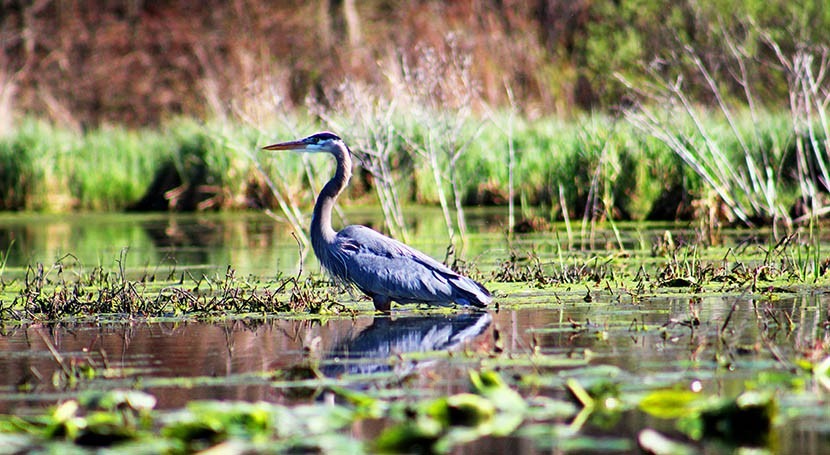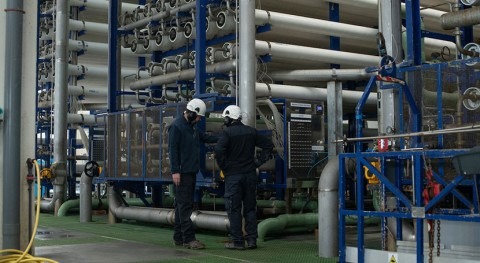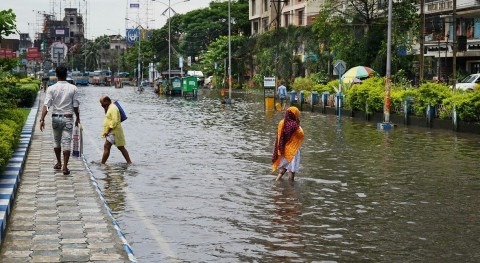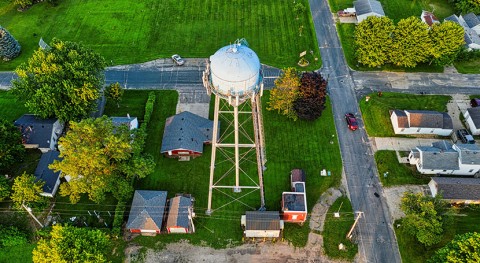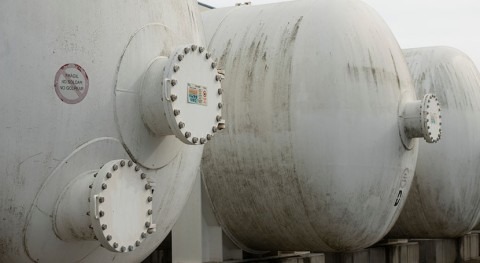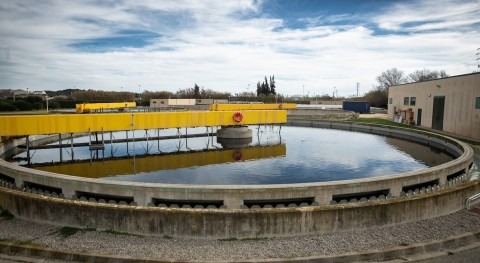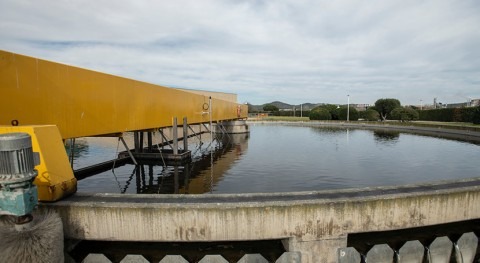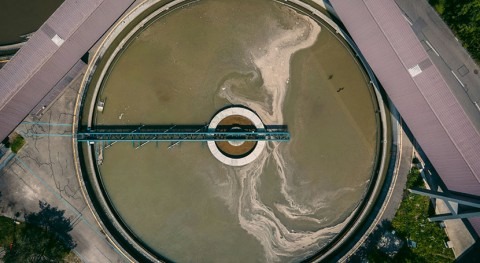The European Commission has adopted a proposal for a new Nature Restoration Law. It aims to cover at least 20% of the land and sea areas of the EU by 2030, including wetlands, rivers, forests, grasslands, marine ecosystems and urban environments. By 2050, the measures will be extended to all ecosystems in need of restoration.
“When we restore nature, we allow it to continue providing clean air, water, and food, and we enable it to shield us from the worst of the climate crisis”, said Frans Timmermans, Executive Vice-President for the European Green Deal. While it sets out restoration targets for terrestrial, coastal and freshwater ecosystems, the top priority will be ecosystems with the most potential for removing and storing carbon, as well as preventing or reducing the impact of natural disasters such as floods.
As such, the proposal includes the restoration of the natural connectivity of rivers and natural functions of the related floodplains, removing river barriers so that at least 25,000 km of rivers would be turned into free-flowing rivers by 2030. Such removal would be complemented by the measures necessary to improve the natural function of the related floodplains.
The new law also calls for restoration and rewetting of drained peatlands under agricultural use and in peat extraction sites. It recognises that restoration and rewetting of organic soils in agricultural use constituting drained peatlands will help reduce green-house gas emissions, as well as achieve significant environmental benefits.
The benefits of nature restoration far outweigh its costs. In fact, the impact assessment of the Nature Restoration Law has estimated that the economic benefits of restoring peatlands, marshlands, forests, heathland and scrub, grasslands, rivers, lakes, marine and alluvial habitats, and coastal wetlands are eight times greater that the costs. To implement the restoration targets, Member States will be required to develop National Restoration Plans in collaboration with scientists, stakeholders and the public.
WWF has recognized the proposal as a huge milestone to ensure the recovery of Europe’s degraded ecosystems, and noted some areas for improvement to work on as the proposal is discussed and negotiated on the way to final approval. “While it is positive that there is a separate article on river and floodplain restoration, the law should contain quantified and time-bound targets to remove barriers”, the NGO says, adding that Member States should be required to restore 15% of river length (178,000 km) into free-flowing rivers by 2030. WWF also calls for strengthening the targets on rewetting peatlands in order to ensure they store carbon instead of emitting it, given that drained peatlands account for 5% of total EU greenhouse gas emissions.
IUCN also welcomes the proposal, as it “adds a new level of legal strength to conservation and restoration efforts across Europe”, where previous attempts to boost restoration have failed. They call for a clear definition of restoration measures for peatland, though, to ensure effective and long-lasting restoration. Moreover, they hope the law will have repercussions beyond Europe: “Today’s Nature Restoration Law has set the scene for the EU to be a leader in the global biodiversity framework negotiations under the Convention on Biological Diversity,” said Alberto Arroyo Schnell, Head of Policy and Programme at IUCN Europe.


